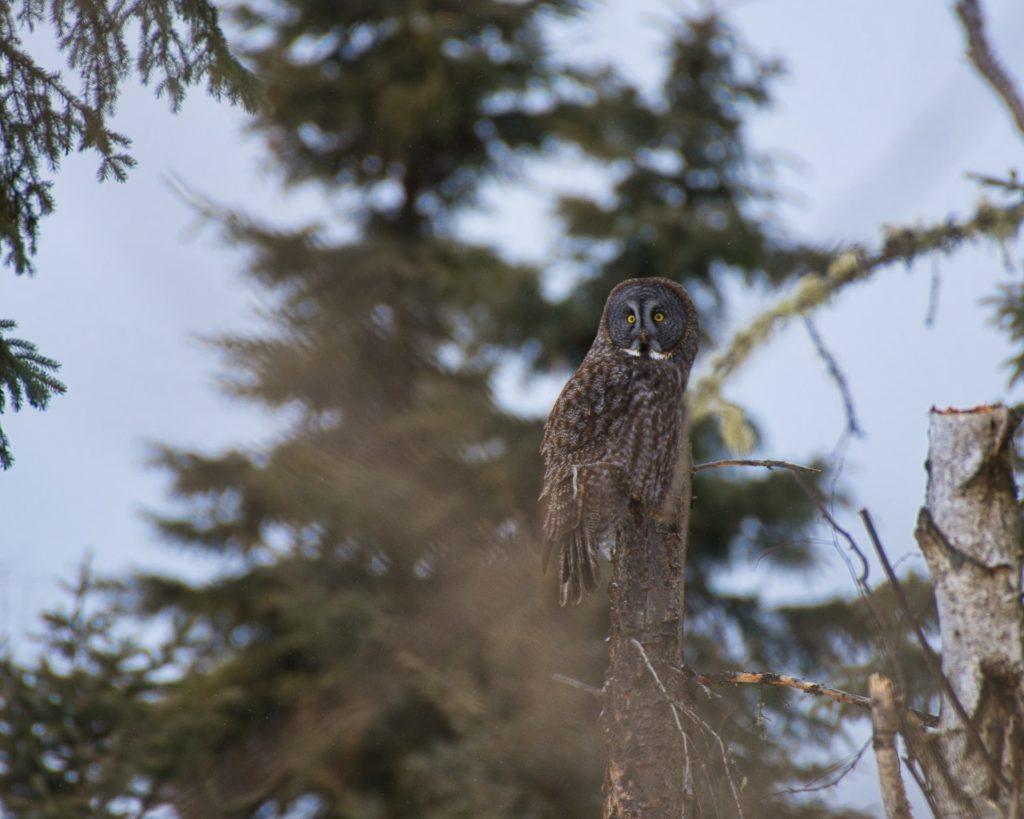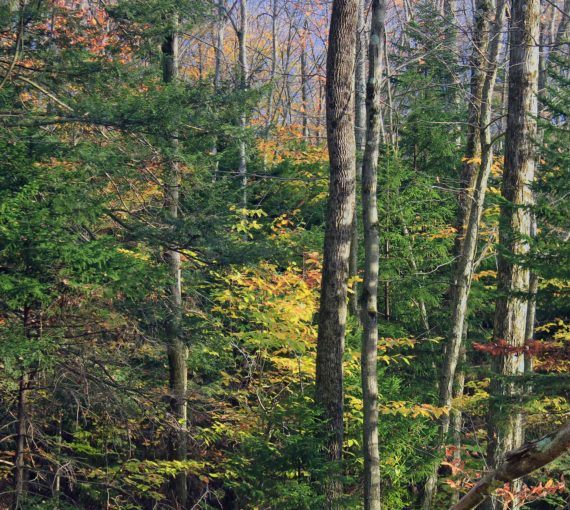We have tools to address climate change and habitat protection, but governments need to be willing to use them.
Every Friday, students throughout Canada strike for their futures. People from all walks of life spoke out against the massive Teck Frontier oilsands mine. Indigenous people and their supporters are standing against the Coastal GasLink pipeline. All recognize that, in the midst of a climate crisis, projects that increase the amount of oil and gas taken from the ground and burned are a major step in the wrong direction.
But the climate emergency isn’t the only crisis we face. We’re also in the midst of a biodiversity collapse that is rapidly eroding Earth’s capacity to sustain life and to self-regulate, putting a million species at risk of extinction. Even if we acted with foresight and speed to rapidly reduce fossil fuel use starting tomorrow, the biodiversity crisis would still threaten the planet. This reality is underscored by scientists who are concerned that the “global ecosystem as a whole … is approaching a planetary-scale critical transition as a result of human influence.”
The good news is we have the tools to address both issues. To pull back from the climate crisis, we must transition from fossil fuels to renewable energy.
The good news is we have the tools to address both issues. To pull back from the climate crisis, we must transition from fossil fuels to renewable energy. To address the biodiversity crisis, we must maintain existing natural areas, conserve natural infrastructure like wetlands and restore areas that have been damaged or destroyed. Addressing the biodiversity crisis has concurrent climate benefits. Natural areas soak up carbon and bring back species that play important roles in agriculture, soil formation and pest control. Nature-based climate solutions can provide over 30 per cent of greenhouse gas reductions that Canada needs to meet its international target.
The bad news is that the Ontario government is sprinting away from these solutions, racing backward to laws and policies that predate awareness of our current crises. In 2018, the provincial government repealed what were considered strong greenhouse gas reduction targets for 2020, 2030 and 2050, and replaced them with a significantly weaker 2030 target.
On the biodiversity front, the province is proposing to double the amount of wood logged, all while insisting forests are sustainably harvested. This despite the threatened status of forest-dwelling species and peer-reviewed science that clearly links caribou population viability to current logging levels.
Now the province has set its sights on Conservation Authorities, whose mandate is to ensure conservation, restoration and responsible management of Ontario’s water, land and natural habitats. Conservation Authorities play a critical role at the municipal level. They are storehouses of in-depth knowledge and data about local watersheds, and manage ecological services that are then delivered to municipal residents. The province has created a survey to collect opinion on the Conservation Authorities’ mandate, and signalled support for developer demands to slash the ability of Conservation Authorities to review potential impacts of proposed developments.
The government is wrong if it thinks these attacks are flying under the radar.
The government is wrong if it thinks these attacks are flying under the radar. More than 33,000 Ontarians responded to the proposals to weaken the province’s forest management rules and thousands more recognize the value of Conservation Authorities to protect wildlife, forests and hiking areas, and provide flood mitigation.
Ontarians want to see actions that address the twin biodiversity and climate crises and recognize that we know how to make things better — and to prosper while doing so. Slash-and-burn policies that take us backward are out of step with forward-facing Ontarians.
This op-ed was originally published in The Standard
Our Work
Always grounded in sound evidence, the David Suzuki Foundation empowers people to take action in their communities on the environmental challenges we collectively face.





